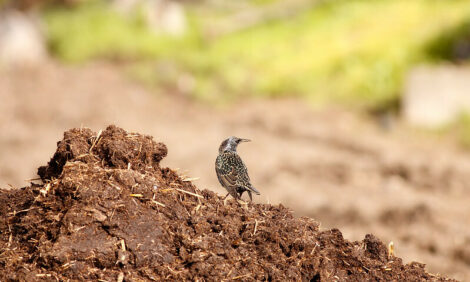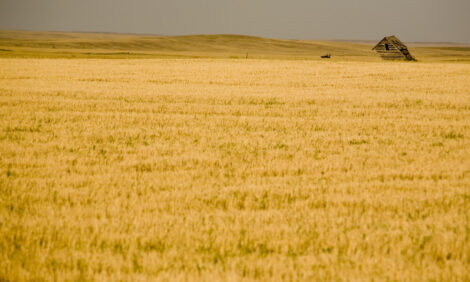



New avian influenza wave in France raises fears
Poultry industry worried the virus is here to stayThe island of Rouzic's windswept clifftops should be teeming with gannets, but an unseasonal wave of avian influenza on the French Atlantic coast this summer has devastated their numbers, alarming conservationists and poultry farmers, reported Reuters.
Thousands of seabirds have perished along France's western shores in past weeks because of the viral infection, which usually strikes during autumn and winter months, raising fears it may have become a year-round risk and endemic to French wildlife.
That poses a danger for France's poultry industry, the European Union's second largest, which was forced to cull more than 19 million birds between November and May because of avian influenza, as bird flu is formally called.
"Bird flu is hitting seabirds in the spring and in the summer, which is totally new. Traditionally bird flu mainly hits waterfowls during winter," Pascal Provost, director of the Sept-Iles archipelago bird reserve which includes the Rouzic island.
After a brief lull in farm outbreaks in May, the French government eased poultry farming curbs in June.
However, soon after the virus hit flocks along the Brittany coast, slowly spreading south.
Rouzic is home to one of the world's rare colonies of northern gannets. Provosts said avian influenza ravaged the flock from early July, killing adults and leaving their chicks to starve.
Since late July, seven new avian influenza outbreaks have been confirmed on French farms, according to the agriculture ministry.
"The situation is exceptional - never encountered in France before - due to its scale and the period when cases are being detected," the ministry said on its website, warning about the risk of contamination to poultry farms.
French poultry farmers are still recovering from previous outbreaks and the mass culling that followed, and before the latest outbreaks already faced a near 10% fall in output this year, industry group Anvol said.
"Before, bird flu outbreaks were caused by migrating birds, but now we see that there are more and more cases in French wildlife. This is new and it worries farmers and the whole poultry industry", Anvol chairman Jean-Michel Schaeffer told Reuters.
Avian influenza is usually transmitted by infected migrating wild birds' faeces or direct contact with contaminated feed, clothing and equipment.









